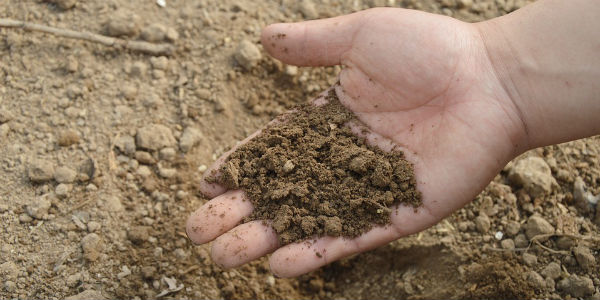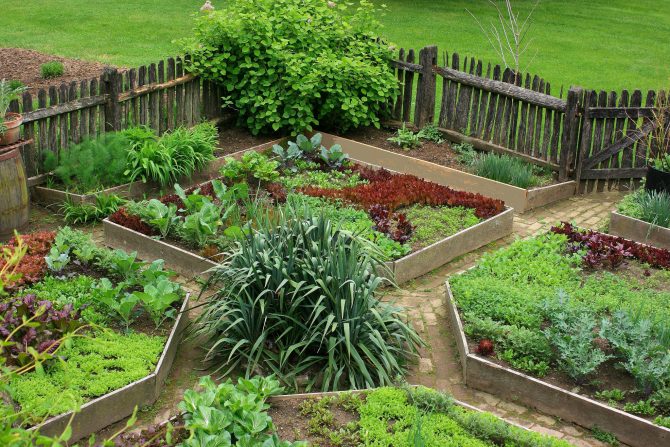 As the days begin to grow longer, and the holidays have come and gone, I find my thoughts turning to spring and my garden. Now is the season of seed catalogs and dreams of green. It’s also the perfect time to plan for all the things I wished I’d done in my garden last year...and new techniques I want to try out to increase the bounty, save water, and protect pollinators as well as bring more beauty to my life and the lives of others.
As the days begin to grow longer, and the holidays have come and gone, I find my thoughts turning to spring and my garden. Now is the season of seed catalogs and dreams of green. It’s also the perfect time to plan for all the things I wished I’d done in my garden last year...and new techniques I want to try out to increase the bounty, save water, and protect pollinators as well as bring more beauty to my life and the lives of others.
The library has some great new books for gardeners, and I’ve picked out a few favorites to share with you. Not only will these books help us to plan, but there is the added benefit of looking at colorful photos of sun-drenched flowers and plants at a time when my eyes have grown weary of the greys and browns of winter.
Ground Rules, opens a new window by Kate Frey contains 100 simple “rules” organized in six sections, and it focuses primarily on ornamental gardens. The information is presented in a manner that is easy to absorb, and it offers lots of practical advice. This is a great book for beginners, but even seasoned gardeners will find something helpful in its pages. It is easy to browse through and enjoyable to read. It doesn’t try to be everything for every gardener, and it doesn’t go into great detail. Ground Rules does, however, provide a good list of resources for those that want more in-depth information about specific topics. This won’t be your go-to resource to tackle problems or issues in the garden, but it is a nice overview of good practices in the garden.
While Urban Farming, opens a new window seems to be an up-and-coming idea, it is really a pretty ancient approach. That said, there is much that is new and exciting! The idea of growing food in the city is becoming more and more prevalent—in some cases out of necessity and in other cases out of an interest in sustainability. Frankly, there are dozens of motivations for urban farming. I especially like that this book by Thomas J. Fox provides a philosophical and historical background for urban farming, including an in-depth discussion of the meaning of sustainability.
It is a great resource for anyone that wants to grow food or flowers in limited space. This can be accomplished in small plots, in containers, on roofs...pretty much no matter your space or location, there is something that you can grow. Whether you are growing just a few varieties to jazz up your purchased produce—or you want to become a market farmer—you will be able to learn what you need with this book.
When I brought home The New Organic Grower, opens a new window, my husband looked through it and immediately started dropping bold hints about early birthday gifts. (To be fair, he has been a fan of the author for years, but this really is a great resource!) Eliot Coleman has been exploring organic growing since before organic was cool. His information is especially valuable because it has been so well-researched.
Before including information in his books, he visits farms all over the world, he reads all the scientific literature, and he tries out new techniques, tweaking them to arrive at the most successful approach. You can trust him to give only the best advice, and if there is something of interest that is outside of his expertise, he will refer to other resources. I also enjoy that he provides the history and background behind the various gardening/farming practices, which would be an interesting read even if you aren't a gardener.
This is the 30th anniversary edition of Coleman’s original The New Organic Grower, and it includes a good deal of updated information. It also includes lots of beautiful color photos, which is a distinct improvement over the original! Another addition is a section about growing flowers. This book is geared to folks who grow more than just for their own needs, but it contains loads of valuable information and concepts for any gardener who wants to grow organically. In fact, while looking through it I found a new idea to try to get rid of that awful bindweed that has invaded my herb garden and resists my efforts at eradication.
I would have liked to spend even more time with these books, but I developed an urgent need to peruse seed catalogs and start drawing up plans. And I can hardly wait for the launch of LPL's Seed Library, opens a new window on February 16th!
 —Jill Mickel is an Information Services Assistant at Lawrence Public Library.
—Jill Mickel is an Information Services Assistant at Lawrence Public Library.



Add a comment to: The Latest Dirt…in Gardening Books